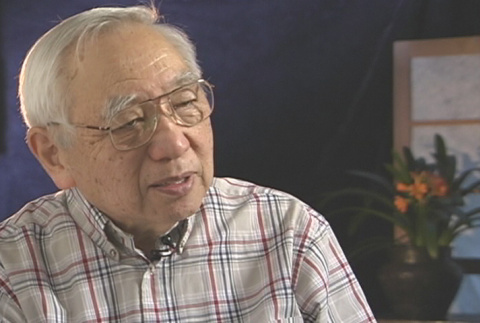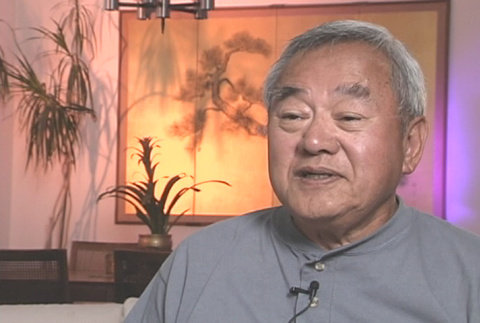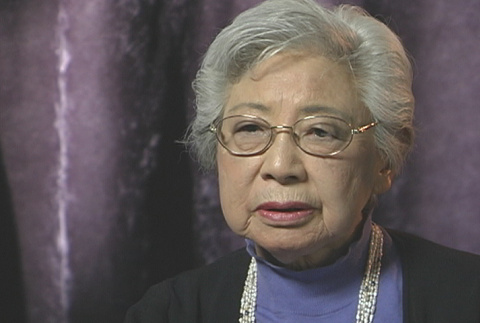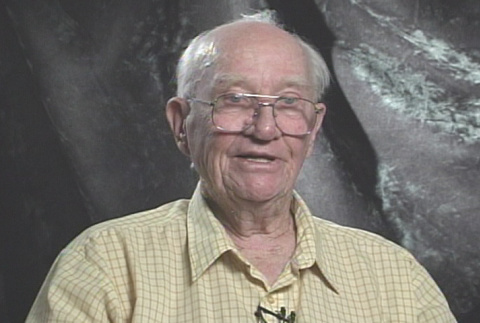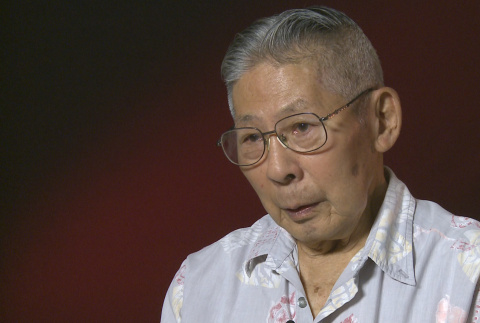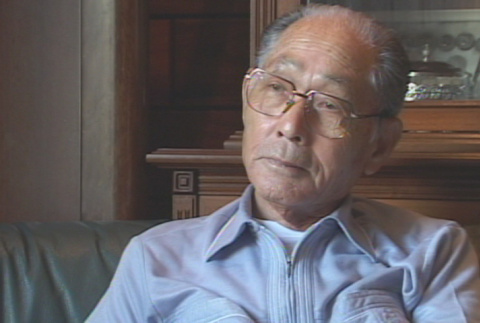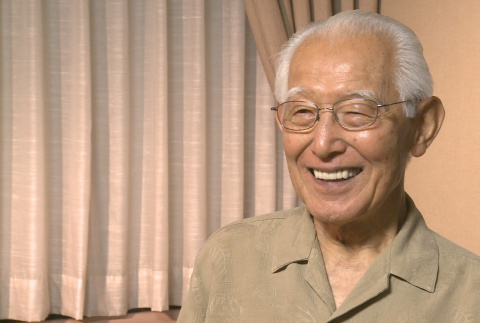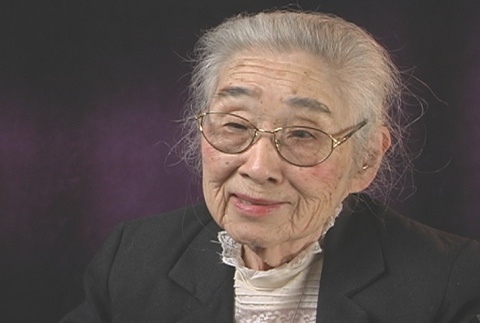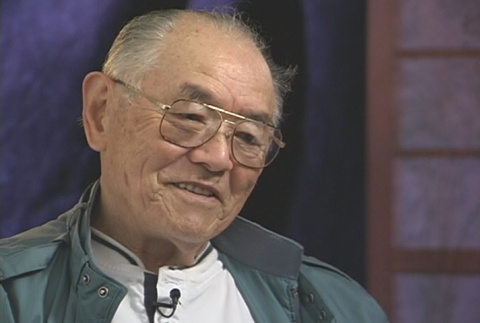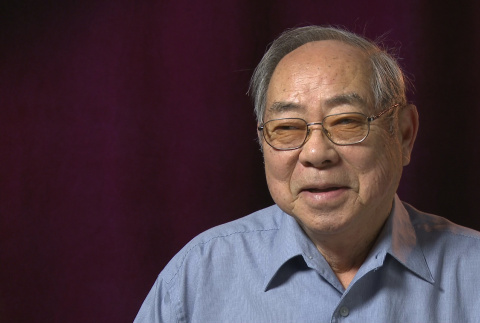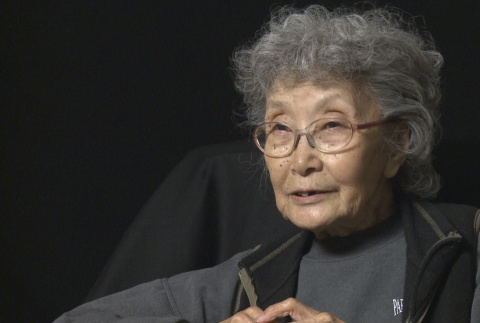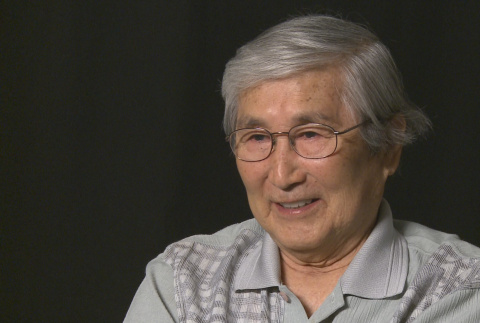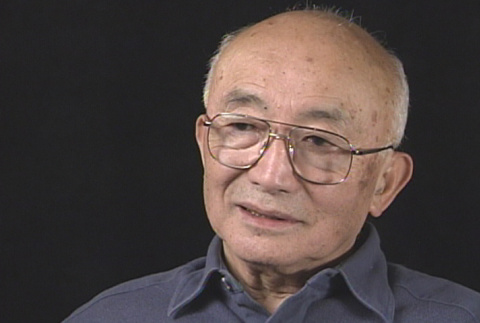Registration and the "loyalty questionnaire"
To help administer the military draft and work release program, the U.S. Army and the War Relocation Authority (WRA) produced "loyalty questionnaires" for all Japanese Americans seventeen years of age and older. The questionnaires contained two questions that caused confusion and controversy. Despite serious problems with the wording and meaning of the questions, government officials and others generally considered those who answered "no" to these two questions to be "disloyal" to the United States, and they were transferred to the Tule Lake concentration camp which was designated a segregation camp. "Yes" answers to these questions made Japanese Americans eligible for service in the U.S. Army, and some became eligible for release and resettlement in areas outside of the West Coast exclusion zones.
World War II
(231)
Administration
(217)
Registration and the "loyalty questionnaire"
(275)
Related articles from the
Densho Encyclopedia :
Japanese American Joint Board,
Loyalty questionnaire,
Segregation
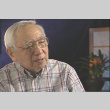





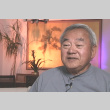
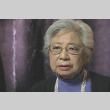
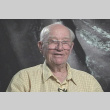
This interview took place at the 2000 Tule Lake Pilgrimage in Klamath Falls, Oregon.
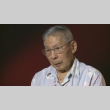
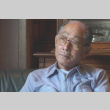
This interview was conducted in Japanese. The transcript is a translation of the original interview. This material is based upon work assisted by a grant from the Department of the Interior, National Park Service. Any opinions, finding, and conclusions or recommendations expressed in this material …

This interview was conducted in Japanese. The transcript is a translation of the original interview. This material is based upon work assisted by a grant from the Department of the Interior, National Park Service. Any opinions, finding, and conclusions or recommendations expressed in this material are those …

This interview was conducted in Japanese. The transcript is a translation of the original interview. This material is based upon work assisted by a grant from the Department of the Interior, National Park Service. Any opinions, finding, and conclusions or recommendations expressed in this material are those of the …

This interview was conducted in Japanese. The transcript is a translation of the original interview. This material is based upon work assisted by a grant from the Department of the Interior, National Park Service. Any opinions, finding, and conclusions or recommendations expressed …
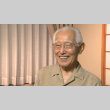
This material is based upon work assisted by a grant from the Department of the Interior, National Park Service. Any opinions, finding, and conclusions or recommendations expressed in this material are those of the author(s) and do not necessarily reflect the views of the Department of the Interior.

This material is based upon work assisted by a grant from the Department of the Interior, National Park Service. Any opinions, finding, and conclusions or recommendations expressed in this material are those of the author(s) and do not necessarily reflect the views of the Department of the Interior.
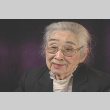
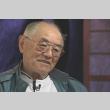


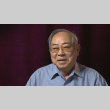
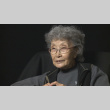
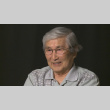

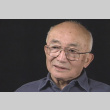
William Toshio Yasutake was interviewed together with his sister Mitsuye (Yasutake) Yamada and surviving brother, Joseph Yasutake, in group sessions on October 8-9, 2002. He was interviewed individually on November 14, 2002.
Before being …